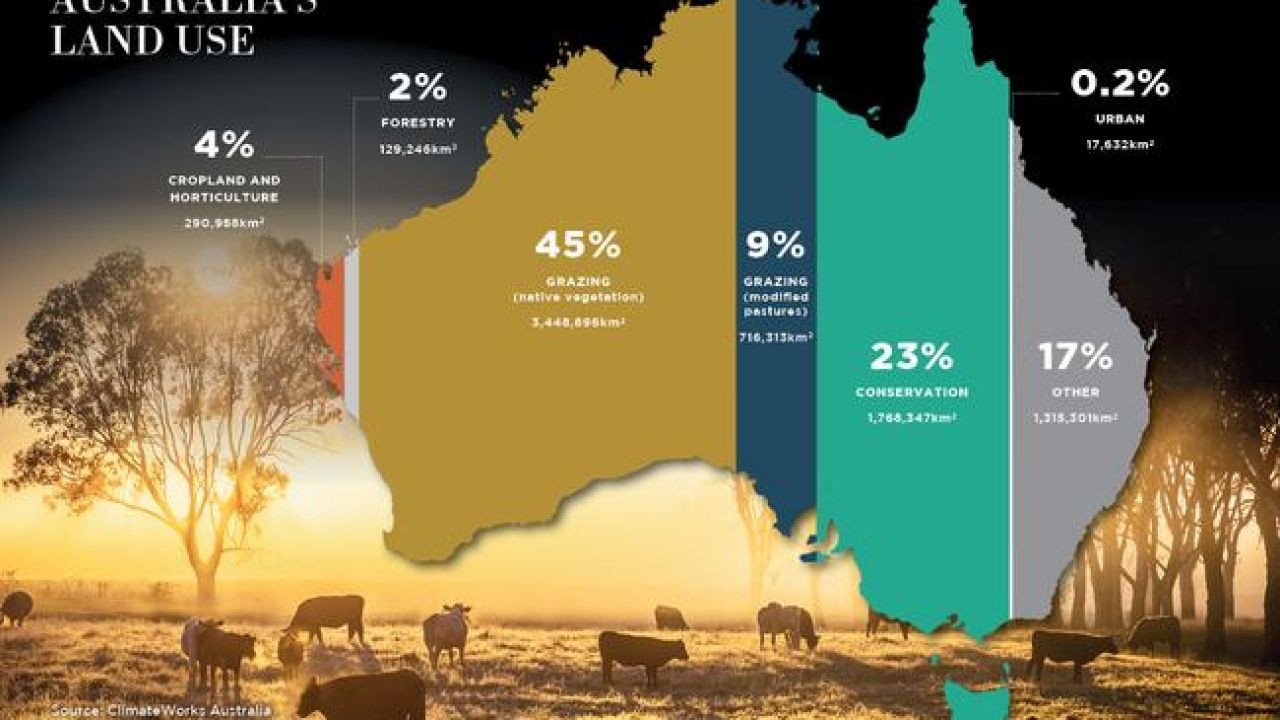New Zealand, renowned for its pristine landscapes and innovative spirit, is making waves in the global plant-based food movement. The country's unique blend of environmental awareness, cultural diversity, and cutting-edge technology positions it as a leader in this burgeoning sector. As healthcare consultants look to understand the implications of these trends, it's crucial to explore how New Zealand is paving the way and what it means for the wider industry.
1. Government Support and Policy Initiatives
Government backing is a key driver for New Zealand's leadership in plant-based foods. The Ministry of Business, Innovation, and Employment (MBIE) has prioritized sustainable food production, investing millions in research and development to enhance alternative protein sources. This commitment is evident in the $20 million allocated to establish the Sustainable Food and Fibre Futures Fund, which supports projects that aim to reduce environmental impacts and improve food security.
These policy initiatives not only promote innovation but also attract international investment, positioning New Zealand as a hub for plant-based food startups. The focus on sustainability aligns with global consumer preferences shifting towards eco-friendly and health-conscious products, offering a competitive edge to New Zealand companies.
2. Thriving Plant-Based Startups
New Zealand's entrepreneurial ecosystem fosters the growth of plant-based startups, which are transforming the food industry. A standout example is Sunfed Meats, a company that has developed chicken-free alternatives using pea proteins. Their products have garnered attention worldwide, showcasing New Zealand's capability to innovate in this sector.
These startups benefit from a collaborative environment, with support from incubators and accelerators like Sprout and The FoodBowl. This ecosystem encourages experimentation and rapid prototyping, allowing businesses to stay ahead of international trends. The rise of such companies underscores the potential for plant-based foods to become a cornerstone of New Zealand's economy.
3. Research and Development (R&D) Excellence
New Zealand's commitment to research and development is a significant factor in its leadership. Institutions like the University of Auckland conduct cutting-edge research on plant-based nutrition, exploring how these foods can meet dietary needs while minimizing environmental impact. This academic backing provides a strong foundation for companies to develop products that are not only innovative but also scientifically validated.
Moreover, collaboration between universities and industries accelerates the commercialization of research, ensuring that new products reach the market efficiently. This synergy between academia and business is a testament to New Zealand's strategic approach to fostering innovation in the plant-based sector.
4. Consumer Demand and Cultural Influence
New Zealanders' growing awareness of health and environmental issues is driving demand for plant-based foods. According to a 2022 survey by Stats NZ, 15% of Kiwis identify as vegetarian or vegan, with many more adopting flexitarian diets. This shift is fueled by cultural influences, including Māori values that emphasize sustainability and respect for nature.
As consumer preferences evolve, businesses are adapting by expanding their plant-based offerings. Supermarkets are dedicating more shelf space to these products, reflecting a broader acceptance and integration into mainstream diets. This cultural shift not only supports local industries but also positions New Zealand as a role model in sustainable living.
5. Export Opportunities and Global Reach
New Zealand's reputation for high-quality food products offers significant export opportunities in the plant-based sector. The country's stringent food safety regulations and commitment to sustainability appeal to international markets, particularly in regions like Europe and North America, where demand for plant-based foods is surging.
Companies like New Zealand Functional Foods are capitalizing on these opportunities by exporting plant-based ingredients to global markets. This expansion not only boosts the economy but also reinforces New Zealand's standing as a leader in sustainable food production.
Case Study: Sunfed Meats – Pioneering Plant-Based Proteins
Problem: New Zealand faced a growing demand for sustainable protein alternatives, driven by health and environmental concerns.
Action: Sunfed Meats developed a chicken-free substitute using pea protein, supported by local R&D and government funding.
Result: The company saw a 300% increase in sales within two years, expanding its market reach to Australia and beyond.
Takeaway: Sunfed Meats exemplifies how innovation, supported by robust R&D and government initiatives, can propel New Zealand's plant-based food sector forward.
Future Trends and Predictions
Looking ahead, the plant-based food industry in New Zealand is poised for significant growth. A report by Deloitte predicts that the global plant-based food market will reach USD 74.2 billion by 2027, with New Zealand playing a crucial role in this expansion. As technology advances, the development of more diverse and nutritious plant-based products will continue, driven by consumer demand for healthier and more sustainable options.
Furthermore, the integration of biotechnology, such as cultured meat and precision fermentation, could revolutionize food production. This innovation will likely reduce costs and enhance the nutritional profile of plant-based foods, making them more accessible to a wider audience.
Conclusion
New Zealand's leadership in the global plant-based food movement is a testament to its innovative spirit, commitment to sustainability, and supportive policies. As the world shifts towards more sustainable food systems, New Zealand's strategies offer valuable insights for other nations. For healthcare consultants, understanding these trends is crucial in advising clients on how to navigate this evolving landscape.
What are your thoughts on New Zealand's role in the plant-based food movement? Share your insights below!
People Also Ask
- How does New Zealand support the plant-based food industry? New Zealand supports the industry through policy initiatives, funding for R&D, and fostering a collaborative startup ecosystem, positioning it as a leader in sustainable food production.
- What are the future trends in the plant-based food market? Future trends include the integration of biotechnology, such as cultured meat, and a focus on developing more diverse and nutritious plant-based products to meet global demand.
- How does consumer demand influence the plant-based sector in New Zealand? Increasing consumer awareness of health and environmental issues drives demand for plant-based foods, encouraging businesses to expand their offerings and integrate these products into mainstream diets.
Related Search Queries
- New Zealand plant-based food industry
- Sustainable food production in NZ
- Plant-based startups in New Zealand
- Global plant-based food market trends
- R&D in New Zealand food sector
- Consumer demand for plant-based foods in NZ
- Sunfed Meats case study
- New Zealand food export opportunities
- Government support for plant-based foods in NZ
- Future of plant-based foods



































chumcclemans63
6 months ago